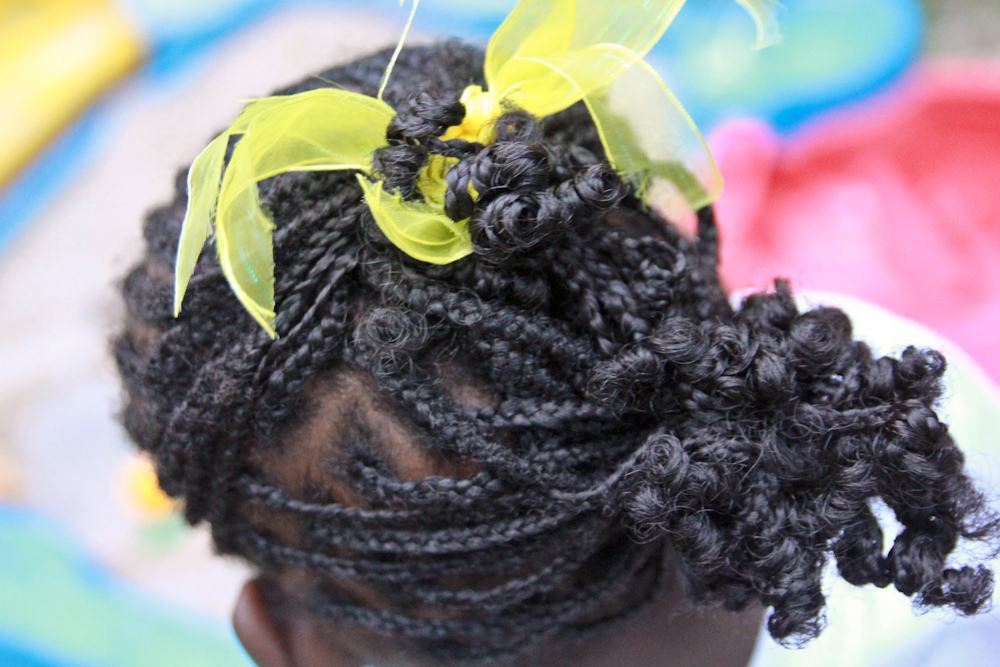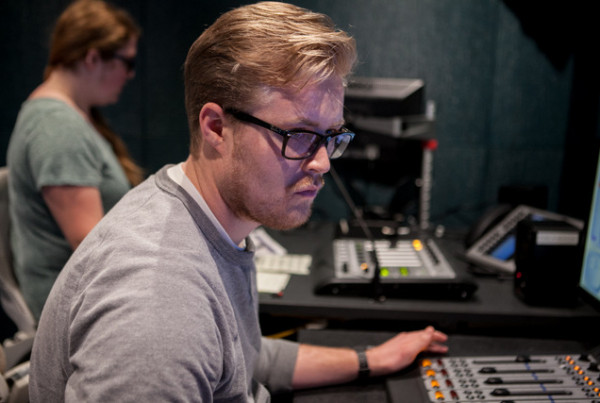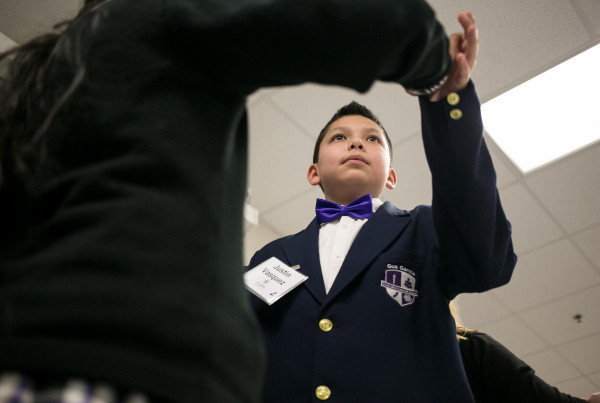Isis Brantley is a natural hair activist who teaches African hair braiding. Thanks to her, others who have this skill may begin to practice in Texas salons without a traditional cosmetology license. It’s a hard won battle Brantley knows first hand.
“I had already been braiding in the community for ten years, and then when I decided to come out of the house and go into a storefront, seven cops came into my salon and said I was under arrest for braiding hair,” Brantley says. “[The crime was] braiding without a cosmetology license.”
In January 2007, the hours required to run a braiding salon were dropped from 1,500 to 35, and Brantley was given a license to practice – but they would not grant her permission to teach others formally. Brantley was told in 2013 she would still need to acquire more training hours, space, and equipment, despite the fact that braiding does not require sinks or tools such as scissors or razors.
Texas legislators are now hearing the details of a bill that would remove licensing requirements entirely for hair braiding salons. Representative Craig Goldman is a Republican from Forth Worth who filed the bill.
“They feel my pain, I want to feel my prosperity, they want me to feel my prosperity,” Brantley says. “I believe that Texas believes in entrepreneurialism. I believe in my great state. So I want them to just open up the market and stop fencing us in.”
Brantley points out that hair braiding is already happening, and that by legitimizing braiding in the eyes of the community, it will raise opportunities for underserved populations.
“These are people who are from low, disenfranchised communities who just want to put food on their tables,” Brantley says. “So by them passing this bill it’s going to create million of jobs, for those that are hiding in the kitchen, that are trying to do this art on the side.”
“I’ve helped thousands of women from welfare to well being,” Brantley says. “I want the red tape off my hands, so I can pass this down to the next generation.”














